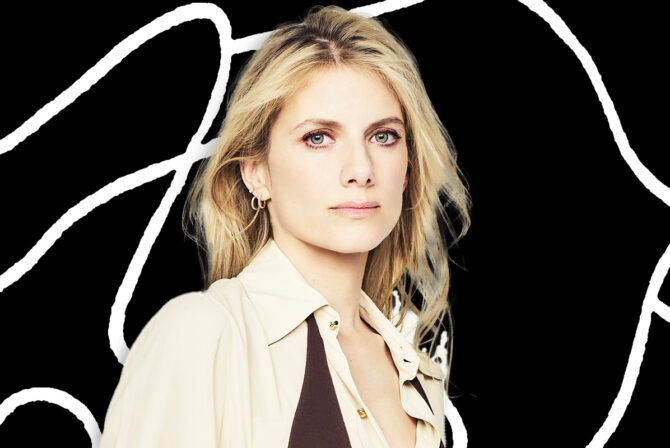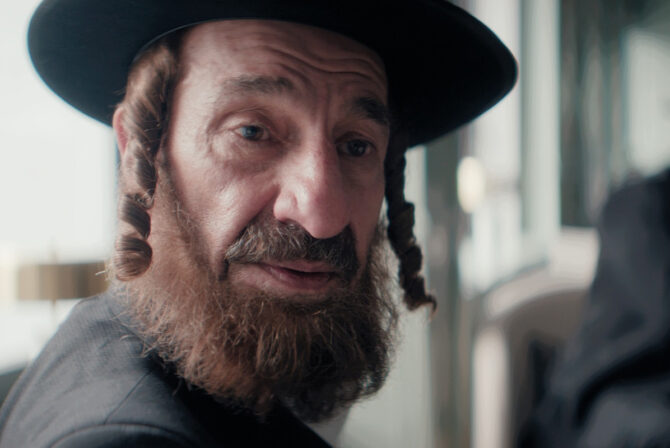I’m an overthinker. This puts me in good company with women generally, as we tend to analyze and fill in the blanks of our days and interactions, much to our distraction and occasional chagrin. But my overthinking started one Thanksgiving when I was about 8 and had a particular epiphany about what it means to be Jewish in America. No, really.
When I was a little kid, I adored watching the Thanksgiving Day Parade in New York on television. Clearly, my parents somehow encouraged this obsession: I’m sure it came in pretty handy for keeping me out of the way during Thanksgiving meal preparations.
I’d study the parade lineup in the New York Times as though it was a performance intended for me and me alone. Then, I’d sit down way too close to the TV, crossing my corduroy- or velour-clad legs, to watch the whole thing, start to finish. I loved watching the happy lipsticked smiles of the baton twirlers from Kansas and Missouri. I’d watch the hyper-enthusiastic facial expressions of spandex-clad dancers and the determined stride of the balloon-anchor-walker-people, whatever they were called. I’d even enjoy the wintry-bright cheer emanating from Katie Couric and Willard Scott.
But most of all, I loved the feeling that I was doing something that everyone else in America was doing. Now, as an adult, I’m well aware that most people don’t sit parked in front of their televisions watching the Thanksgiving Day Parade. But as a kid, I just assumed that this was the Thanksgiving equivalent of going to synagogue. This must be what people did in the morning, and in the afternoon, you ate, just like every Jewish holiday I’d ever celebrated.
I loved it that every family I knew – Jewish, non-Jewish, whatever – was all doing the same thing. I didn’t realize at the time that we were freaks because no one in the house cared about football. All I knew was that I had a day off from school to be thankful, to eat turkey and to be American. And it wasn’t like Sukkot where even the other Jewish kids didn’t know what holiday I was celebrating – this was one that everyone could understand. It felt good.
But when I was 8, I distinctly remember the end of the parade. With great to-do, the end of the parade – “the moment you’ve all been waiting for!” – came. And it was…Santa Claus.
“Ho, ho, ho!” he laughed in his red velvet suit, waving a Queen Elizabeth-y wave from his present-filled sleigh. I could practically feel the other kids around the country watching the parade start shrieking with happiness, clapping their little hands and waving back. “Santa! Santa!” I just sat back feeling more like, “What the heck is THAT about?”
Look, now I get it. It’s the Macy’s Thanksgiving Day Parade after all, and the parade was meant as a prequel to the Christmas shopping frenzy that would follow.
But I remember watching Santa and feeling my heart sink. Because it was at that moment that this parade wasn’t really completely for me. The big climax and punchline of Santa didn’t do it for me. It wasn’t that I was jealous. It was more a feeling of recognition, of “Oh.” Contrary to what I’d felt just moments before, seeing Santa made it clear that I wasn’t like everybody else after all. Everybody else, the parade’s climax made clear, would be celebrating Christmas, not some holiday that revolved around gold-foiled candy and greasy potato pancakes. Everybody else was…everybody else. Not me.
I remember sitting on the den rug, looking at our little television set and realizing – even if I couldn’t put it into words – that I wasn’t a Jewish American, as much as I was an American Jew.







